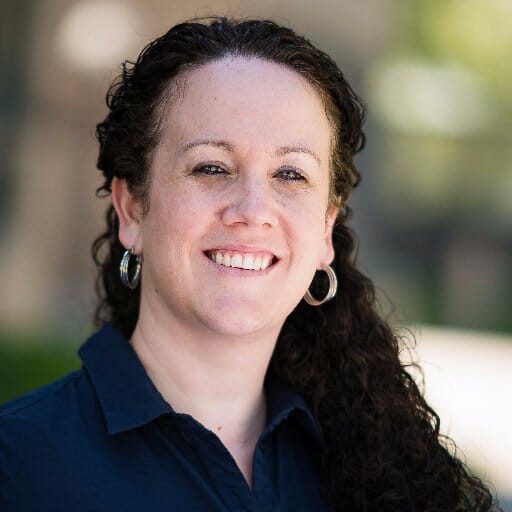Navigating Life Changes in Older Age
Table of Content
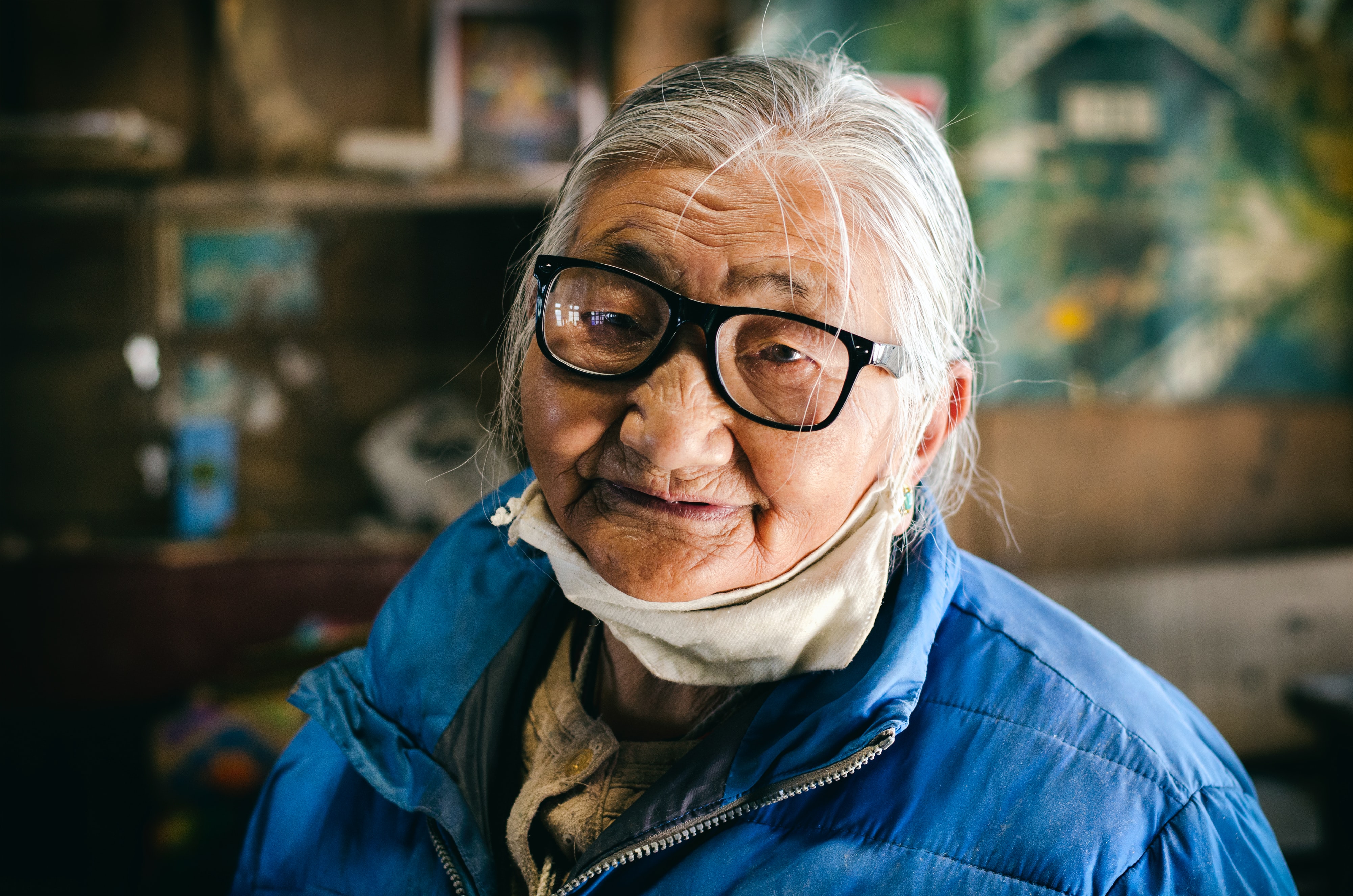
I used to tease my siblings about going to my funeral, but here I am, 82 and driving everybody nuts. It’s hard to believe I’m 82. It seems so old, and it is, but I never expected to hit 82.
– Mary
What is ageing and who are older people?
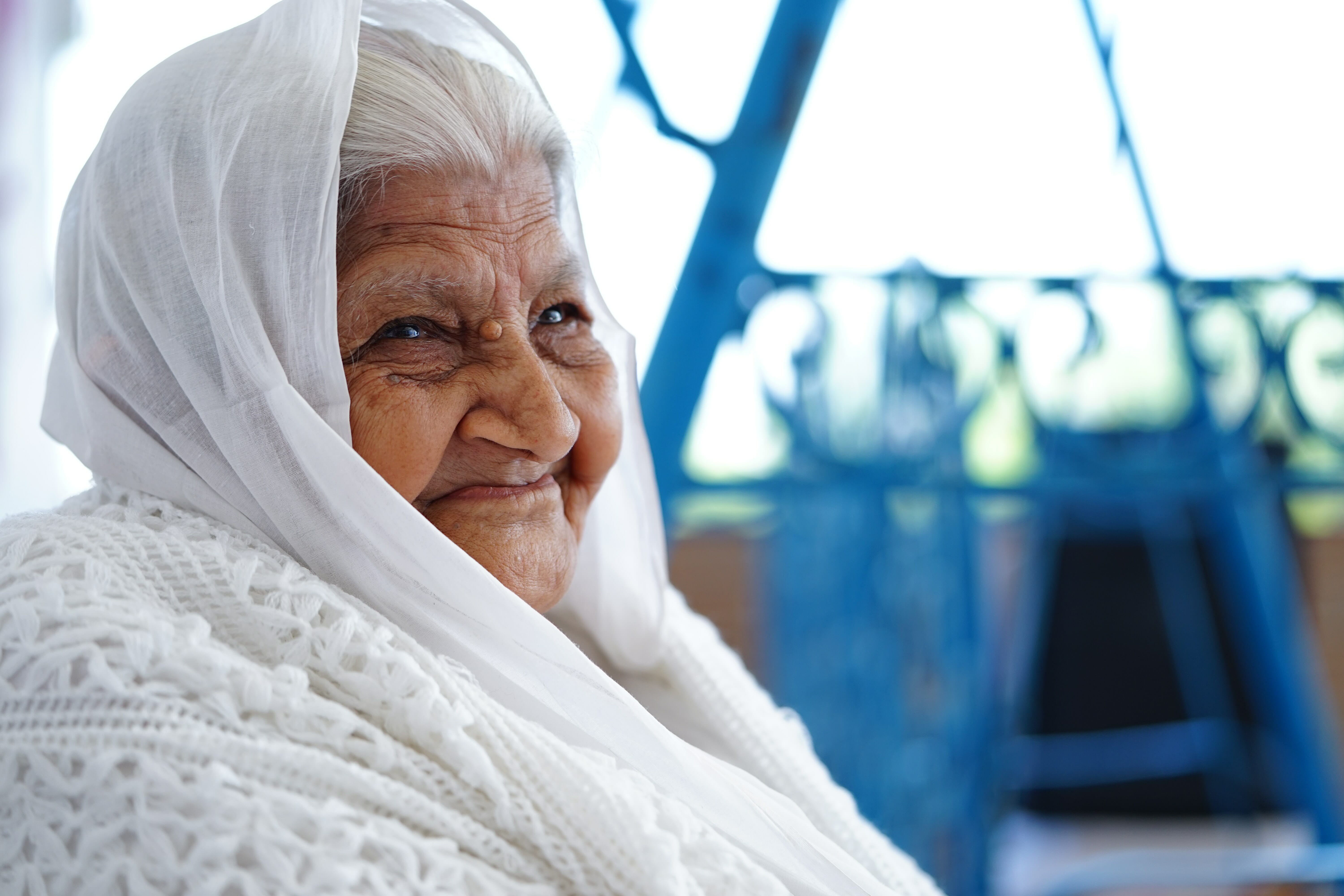 These might seem like straightforward questions, so why do they matter? As it turns out, ageing and what it means to be older is quite complicated.
These might seem like straightforward questions, so why do they matter? As it turns out, ageing and what it means to be older is quite complicated.
For starters, older people are more diverse than any other age group. In addition to the usual understandings of diversity ( e.g., culture, education, ethnicity, religion, race, sexuality, abilities, income, etc.), the impacts of these differences are magnified as we age.
Our differences in beliefs, values, relationships, level of activity and health start to show the more we grow older. Earlier inequities in education and income can lead to a variety of work and retirement opportunities amongst us. These influence the lifestyle choices we make and the opportunities available to us. In turn, they lead to greater differences in health and impact to what extent we develop chronic illnesses or disabilities. Being active — both socially and physically — and eating well enable ageing well. However, not all of us have the same opportunities to engage in such activities. These factors shape our experiences of growing older and magnify our differences.
I still think that I am young.
My mind is always willing but sometimes my body is not.
So what does it mean to age and to age well?
Most often, people associate ageing with our changing bodies (a.k.a. biological ageing). This refers to all the physical changes taking place in our bodies (our muscles, our brain, our nervous system, our cardiovascular system). It also refers to how changes take place at the cellular level of our bodies, including changes to our DNA. To age well from this perspective means maintaining physical and brain health. This can be achieved through health promoting activities and proper medical management (i.e. paying regular visits to your doctor).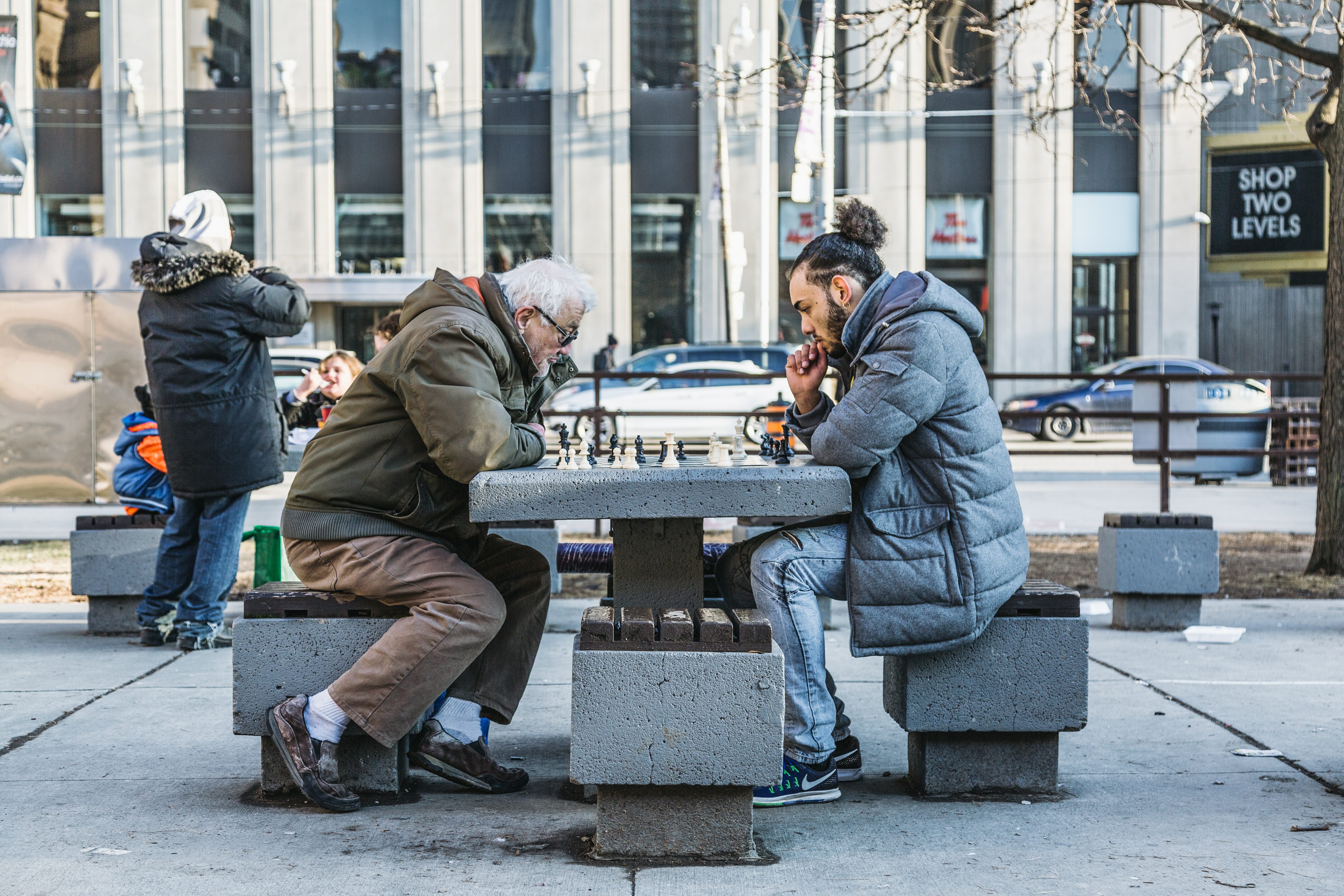
Others speak of chronological ageing. Governments and decision makers rely on this when designing services for older people (e.g., pensions, discounts and health benefits). However, one 75 year old varies drastically from the next. That is why others working in the field of ageing (gerontology/geriatrics) talk about functional ageing. This refers to age-related changes in how we manage everyday activities such as cooking, cleaning, dressing, bathing, and so on. From this perspective, to age well emphasizes maintaining independence in all the activities we do on a daily basis.
Still, others speak of biographical ageing. This is a different take on ageing that focuses less on changes in our bodies and abilities. Instead, it focuses more on how we understand our lives and how we make meaning out of a lifetime of challenges, successes, losses and bodily changes. The growing field of narrative gerontology views our ability to create a meaningful story about the life we’ve lived as the key to ageing well.
We know that we don’t just age individually — we also age as a collective. The opportunities, expectations and often, the stereotypes about older people (a form of discrimination we call ageism) all affect how we grow older. Houses, neighbourhoods, work places, towns and cities are most often planned without the unique needs of aging bodies in mind. This creates barriers for many older people to participate in their communities. Critical environmental gerontologists are interested in how these environments shape aging.
Considering all these aspects of ageing when working with older adults, occupational therapists (OTs) help us grow old through life transitions (e.g., retirement, moving, losses, grandparenting). In addition, OTs are also mindful of what ageing and ageing well means to the people they work with
What are life transitions and why talk about them?
To grow older means to experience many life changes. These changes can be developmental (changes that occur over time), situational (changes that relate to a set of circumstances) or connected to health and illness. All of these changes can also be thought of as life transitions.
A life transition is simply a process of moving from one stable life stage, situation or status to another. During this period, we usually experiences a sense of loss or alienation from what we are familiar with and what we have valued. While many of these changes may be unwanted, some transitions are positive and welcomed. A life transition is brought on by a key event; it makes us aware that new ways are needed to deal with familiar, everyday experience such as managing finances, maintaining health, or taking care of daily activities. During this time, we often need to experiment with different ways of doing things. So, life transitions bring changes to our identities, our roles and our behaviours because they change the way we see ourselves and the world. Life transitions take time. In fact, they span the period of time from the initial key event until we are able to re-experience harmony and stability again. It is important to remember that we adjust to transitions at our own pace. The time needed to adjust depends on the type of change and the degree to which that change affects our lives.
Occupational therapists recognize that older people experience many life transitions. These transitions are linked to health and well-being. Occupational therapists support older adults to navigate these life transitions by helping them experiment with new ways of doing valued activities, being engaged socially and continuing to become who they aspire to be as parents, grandparents, caregivers, friends, volunteers, workers, citizens, neighbours and family members.
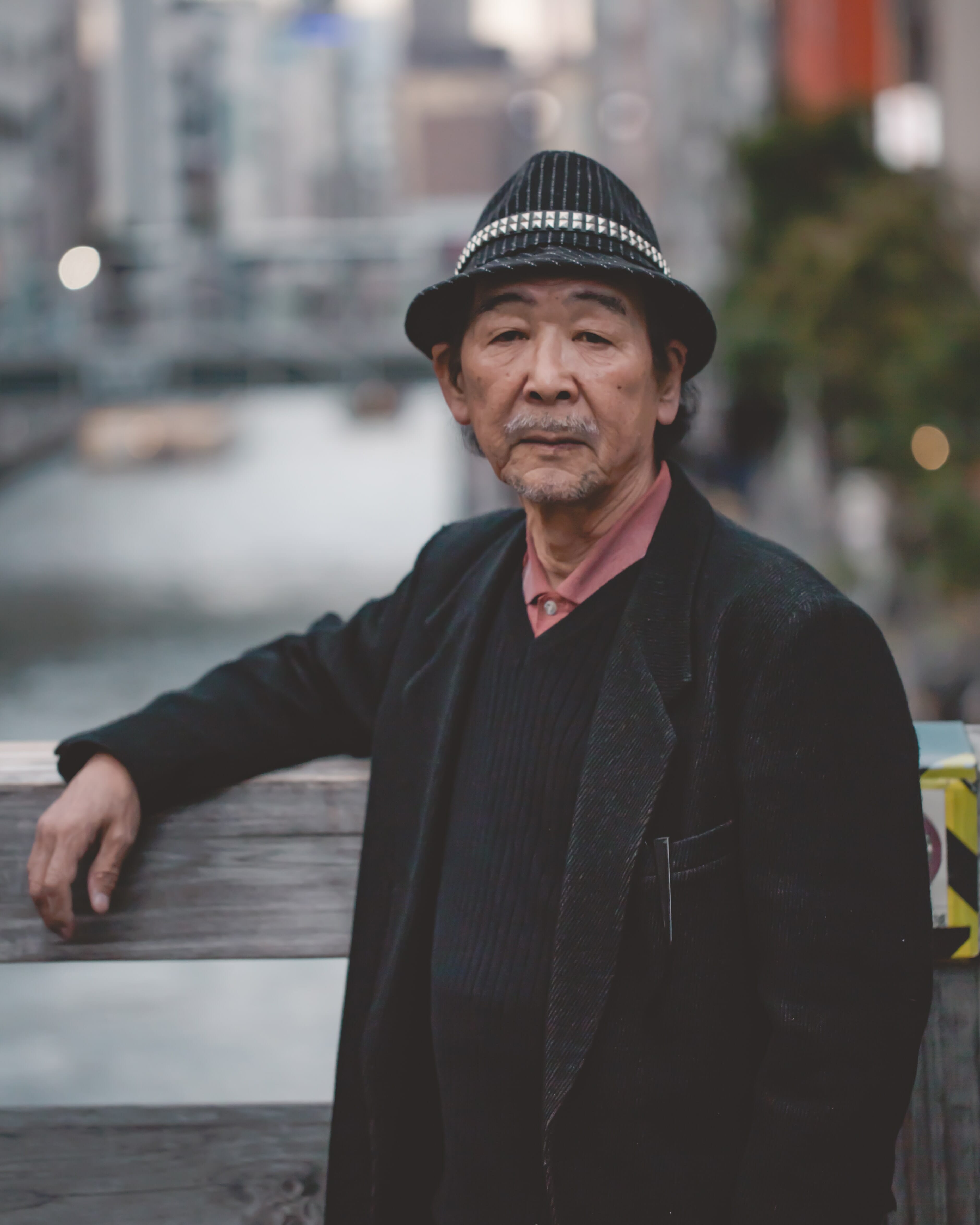
“I struggle to explain who I am now, but I am not done living life. There are lots of things that are important to me, like family, living a long and healthy life with my husband, and continuing to learn new things about the world, but these things don’t define me or explain my role. For now, I want to continue doing the things that interest me and spend time with my loved ones.”
– Tim
What are occupational transitions?
For most older people, later life is a time of ongoing adjustment as we deal with many changes or transitions. These changes affect the way we do things, to engage in what occupational therapists call occupations. We may need to take on new occupations or to change how we do everyday occupations in a different way. Some changes are expected and may be easier to cope with. Others, however, may be unexpected and perhaps unwanted, requiring us to adjust to a new role (e.g., becoming a caregiver or grandparent), a new identity (e.g., becoming a retiree) or an entirely new way of doing things (e.g., using mobility aides to move around). Adjusting to these new roles, identities and ways of doing things is key to our health and wellbeing and is where occupational therapists can help.
Although changes taking place later in life may often be thought of as negative, there are many positive occupational transitions in which we reclaim lost identities or take up new interests such as travelling, continuing education, or volunteering.
What role do occupational therapists play in the life transitions of ageing?
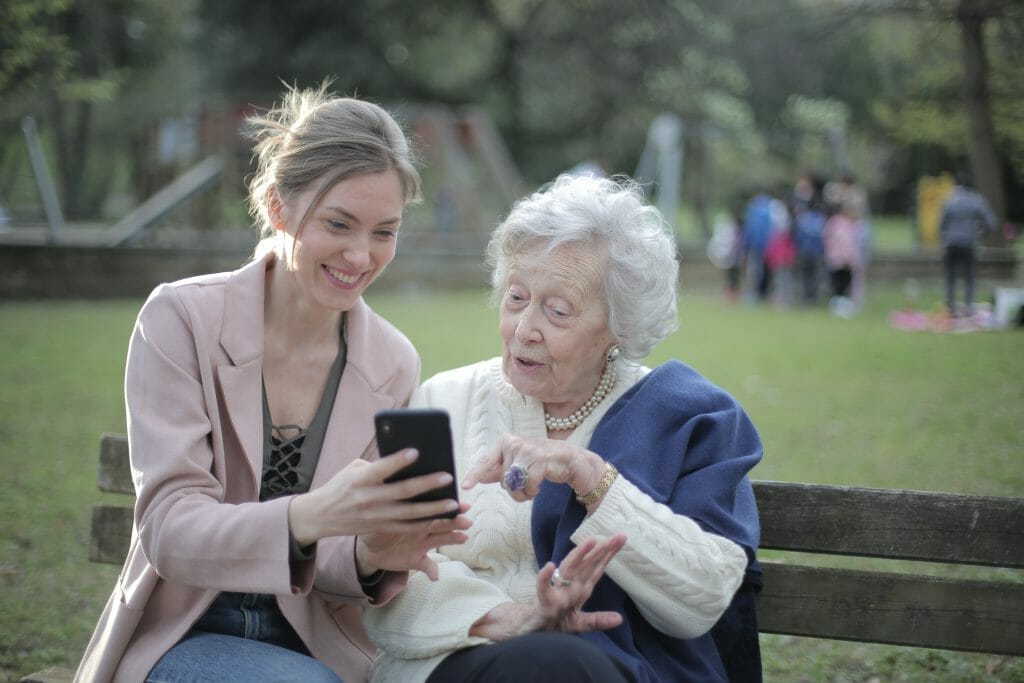 Occupational therapists are licensed healthcare professionals who help individuals remain able to engage in the activities that are meaningful to them. This includes basic activities to take care of ourselves such as eating or bathing, or more active roles such as going to work, taking care of our homes, community volunteering, or activities that we find rejuvenating, fun or pleasurable such as reading, going for walks or playing chess. Occupational therapists call these activities occupations, the everyday things we do that occupy our time.
Occupational therapists are licensed healthcare professionals who help individuals remain able to engage in the activities that are meaningful to them. This includes basic activities to take care of ourselves such as eating or bathing, or more active roles such as going to work, taking care of our homes, community volunteering, or activities that we find rejuvenating, fun or pleasurable such as reading, going for walks or playing chess. Occupational therapists call these activities occupations, the everyday things we do that occupy our time.
The modules on this web-site were developed to show how occupational therapists help older people to remain actively and meaningfully engaged in doing things that we want or need to do and that are important to us. Take a look and see how occupational therapists help older people navigate through the various life transitions.
Where can I find an occupational therapist?
You can find an occupational therapist in many settings: hospitals, rehabilitation centres, driving centres, insurance companies, recreation centres, long-term care homes, home care and in private practice settings. A family doctor, home care coordinator or other health care professionals can refer someone to an occupational therapist if we are experiencing difficulties with the activities of everyday living. In many cases occupational therapy services are funded through your tax dollars, but private services are also available. We just have to ask for it.


